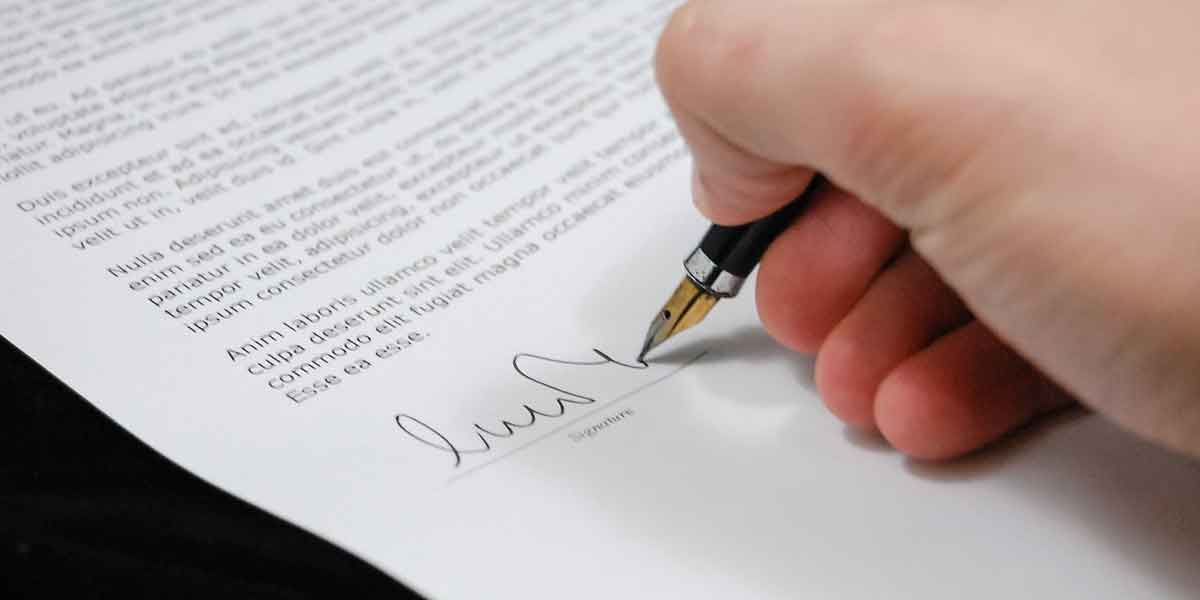Probate is a legal procedure that involves settling the debts of a deceased individual and distributing their assets to the designated beneficiaries and heirs as outlined in their will. Essentially, it is the formal process of validating a will as the decedent’s final testament. This process is crucial for the administration of the decedent’s estate posthumously, although it can often seem daunting and is something many people try to avoid.
In such situations, the guidance of an attorney becomes invaluable. Selecting the right attorney can significantly streamline the process, as they take on most of the responsibilities. These duties include gathering and assessing the assets, preparing essential court documents, and compiling an inventory of the estate’s assets.
Moreover, a legal professional can offer advice on the responsibilities and duties of the estate administrator. They also assist in devising an optimal distribution plan for the assets. However, before delving into the attorney’s role, it is important to understand the probate process in detail.
Key Steps in the Probate Process:
The probate process can be influenced by whether the deceased had prior estate planning. Understanding this can help simplify the procedure. Here are the four fundamental steps involved in probate.
1. Filing a Petition and Notifying Beneficiaries and Heirs
The process begins with filing a petition in the probate court to:
- Validate the will and appoint an executor
- Appoint an administrator if there is no will
During the court hearing for the petition, the decedent’s beneficiaries and heirs must be notified. If any beneficiary or heir has objections to the petition, they can present them to the court. Additionally, the hearing is published in local newspapers to inform any unknown creditors of the deceased.
2. Notifying Creditors
According to state law, the personal representative must send written notices to known creditors. Creditors who wish to claim any assets of the estate must do so within a specified period. An inventory of the decedent’s property, including real estate, stocks, bonds, and business interests, is then compiled.
3. Settling Debts, Funeral Expenses, and Taxes
The personal representative is responsible for identifying legitimate creditors and paying them from the estate. In some cases, the personal representative may need to sell estate assets to meet these obligations.
4. Transferring Assets in the Absence of a Will
If there is no will, the personal representative petitions the court to transfer the remaining assets to the beneficiaries according to intestacy laws. If the will includes a trust for a minor, the trustee will receive the funds. Once the petition is approved, the personal representative can issue new deeds, liquidate assets, and transfer stocks to the rightful recipients.
The Role of a Probate Attorney in Simplifying the Process
A probate attorney can assist in two primary ways. First, they can provide advice on estate planning to prevent future administrative issues. Second, they can guide the administration of the estate after the individual’s death.
Additionally, an attorney can offer guidance on the fiduciary duties of the personal representative or executor. They can help create a comprehensive inventory of the estate’s assets and provide legal evaluations of enforceable debts and distribution plans.
Therefore, to navigate the probate process without undue stress, hiring an experienced attorney is advisable. They are well-versed in the procedural steps and can offer the best advice. This article aims to provide a clear understanding of the attorney’s role in the probate process.




